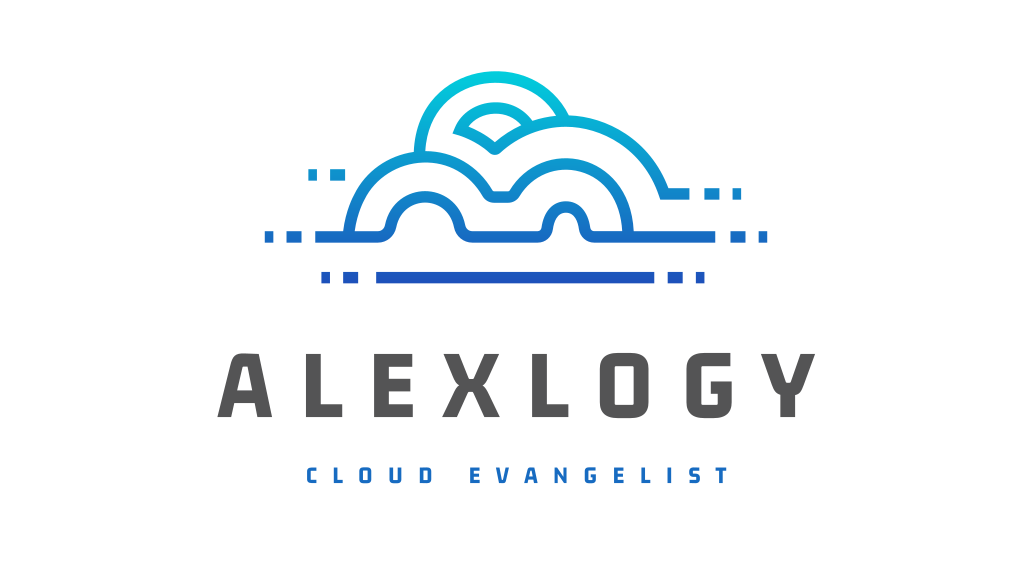The Kubernetes project continues to evolve rapidly. Features like Container Runtime Interface (CRI) v2 and Service Mesh Interface (SMI) are being actively developed, promising further refinements in container management and service communication.
- CRI v2: The Container Runtime Interface (CRI) defines the communication protocol between Kubernetes and the underlying container runtime engine (like Docker or containerd). CRI v2 introduces several improvements, including better sandboxing capabilities, enhanced security context enforcement, and support for container resource management.
- Service Mesh Interface (SMI): Service meshes provide a dedicated infrastructure layer for handling service-to-service communication within a microservices architecture. SMI aims to establish a vendor-neutral standard for service meshes, allowing them to integrate seamlessly with Kubernetes. This will simplify the deployment and management of service meshes in Kubernetes environments.
These upcoming features, along with the innovations in Kubernetes 1.30, demonstrate the project's commitment to providing a robust, secure, and developer-friendly platform for building and deploying modern cloud-native applications.
Getting Started with Kubernetes 1.30
Upgrading to Kubernetes 1.30 can be achieved through various methods, depending on your deployment environment. The official Kubernetes documentation provides detailed instructions for upgrading existing clusters or setting up a new cluster with version 1.30 https://kubernetes.io/docs/home/.
For those new to Kubernetes, there are numerous resources available to help you get started. The Kubernetes website offers a comprehensive introduction to the platform, including tutorials, documentation, and community forums https://kubernetes.io/. Additionally, several cloud providers offer managed Kubernetes services that abstract away the underlying infrastructure complexity, allowing you to focus on deploying and managing your applications.
Conclusion
Kubernetes 1.30 represents a significant leap forward in container orchestration. With its focus on security, stability, and developer experience, this release empowers users to build, deploy, and manage cloud-native applications with greater confidence and efficiency. Whether you're a seasoned Kubernetes user or just starting your containerization journey, Kubernetes 1.30 offers a compelling platform to explore the potential of modern cloud deployments.
So, dive into Kubernetes 1.30, explore its new features, and experience the power and flexibility of containerized applications!
